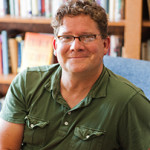I love how God changes our plans. I had a plan for my first blog post; I actually had quite a bit of it written. I planned to give a nice introduction to my summer, using a couple of anecdotes and bits of wisdom gleaned from the first few meetings I had with my site mentor Mo. I planned to crack open the window into who I was and what my summer might look like. If this plan had transpired, my first reflection would have been a pretty good representation of my world as I tend to prefer it: organized, coherent, neat, thoughtful, not straying too far outside my comfort zone. As I would find out while sitting in a circle on a living room floor with a group of inner city middle school girls I had met an hour earlier, God had other plans.
 As tends to happen in life, God didn’t crack the window open so I could peek in and go around to walk through the door at my leisure. He blew that window wide open and pushed me through it, into a place where violence, rape, and sexual assault do not exist as words on a page and thoughts in my head but as an actual heart and mind and body, an actual human, sitting across from me. I had no idea that I was walking into what, as I was later informed, was the hardest night of bible study they’d ever had. No longer could I stay in my comfortable world of thoughts and ideas. The reality of the tragedy, injustice, and pain that these girls face everyday came crashing down on me that evening.
As tends to happen in life, God didn’t crack the window open so I could peek in and go around to walk through the door at my leisure. He blew that window wide open and pushed me through it, into a place where violence, rape, and sexual assault do not exist as words on a page and thoughts in my head but as an actual heart and mind and body, an actual human, sitting across from me. I had no idea that I was walking into what, as I was later informed, was the hardest night of bible study they’d ever had. No longer could I stay in my comfortable world of thoughts and ideas. The reality of the tragedy, injustice, and pain that these girls face everyday came crashing down on me that evening.
Instead of sitting in a pristine classroom at my prestigious university discussing race theory, liberation theology, and educational performance gaps with other students who think and act pretty much exactly like me, I was hit with the reality of what all the models and statistics and philosophies try in vain to communicate. I had to face the reality that “all our phrasing – race relations, racial chasm, racial justice, racial profiling, white privilege, even white supremacy – serves to obscure that racism is a visceral experience, that it dislodges brains, blocks airways, rips muscle, extracts organs, cracks bones, breaks teeth,” as Ta-Nehisi Coates, a prominent journalist and public voice on race in America, puts it (10). As I have spent the last few semesters discussing in my theology of liberation classes, I saw clearly the power of the embodied encounter with the injustice and pain I have intellectually wrested with over the past years. Like the bones and teeth of black men and women broken by the violence of racism, the window through which I had always peered into “urban life” and “the race issue” was smashed to pieces as I listened to the very visceral experience of one of the sweet, beautiful, joyful girls sitting in that very same circle with me. But as I sat in pain and tears with them, a strange and beautiful thing happened: I saw the sadness and heaviness dissipate and turn into the beginnings of triumph and joy. I saw the power of declaring light into the void of darkness. I saw John 16:33 (“In this world you will have trouble. But take heart! I have overcome the world”) take on more meaning than it ever has. I saw, very distinctly, the strange glory of the paradoxical Gospel of Christ.
When I left the house that night my mind swirled with quite the assortment of emotions and questions. How could a night that started so heavy end with singing Adele at the top of our lungs as I dropped the girls off at the housing project where they live? What in the world are any of us supposed to do with the reality of the violence that lands upon the bodies of the most vulnerable in our midst? This question turned my thoughts to my reading for the week, Coates’ memoir, which he framed as a letter to his fifteen-year-old son. Coates fills the pages of his memoir with this and many other questions. Although there are many distances between us, I relate to Coates in this propensity to question. My life of order and neatness doesn’t have room for the mess that confusion and not-knowing drag in, so I ask questions and try to make sense of the world. What I have been in the process of learning over the course of the past few years, however, is that even in the absence of direct answers, “the questions matter as much, perhaps more than, the answers” (116).
So, like Coates, I am setting out on my own road laid with more questions than answers, illuminated only one brick at a time as I sometimes tiptoe, at other times sprint, and occasionally trip my way down it. Like Coates, I cannot claim to have any answers, nor do I really think answers are the point. However, very much unlike him, I believe in so much more than the struggle that he says defines all life not lived within the “Dream.” Perhaps this is a naïve perspective, developed through my privileged existence within this Dream that has only ever had the smallest of holes poked through its cozy thickness. But maybe, just maybe, I am right. Perhaps there is hope, a hope that can be found, in my experience, on every page of the Scriptures. I have not often found that these pages hold all the answers, but I have never found anything in this life that holds more hope. This has been true in my easy, privileged, comfortable life, just as it is, miraculously, true in the lives of the girls who I will have the honor of coming alongside this summer, girls whose lives are inconceivably and tragically harder than mine has ever been. Although it might not make sense to Coates, I believe the only hope strong enough to turn those tears of pain and anger and sadness that I witnessed and shared the other night into glimmers of hope washing away, one drop at a time, the dirt and grime of the evil committed, is the hope of the Gospel. As one of the leaders said that night, echoing the cry of a man transformed by Jesus’s healing, “Lord, I believe; help my unbelief!” (Mark 9:24).

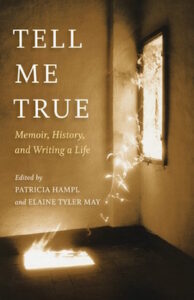 Memoir, History, and Writing a Life
Memoir, History, and Writing a Life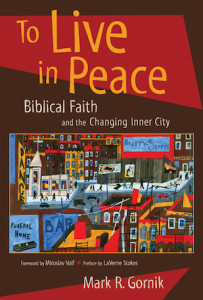 Biblical Faith and the Changing Inner City
Biblical Faith and the Changing Inner City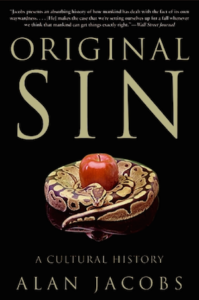 A Cultural History
A Cultural History
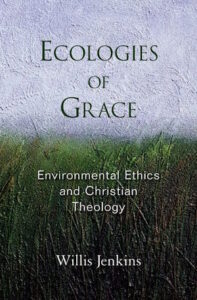 Environmental Ethics and Christian Theology
Environmental Ethics and Christian Theology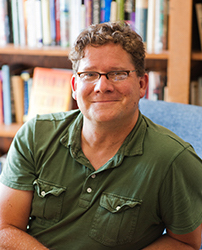 On the Artist’s Faith and Latest Album, Coloring Book
On the Artist’s Faith and Latest Album, Coloring Book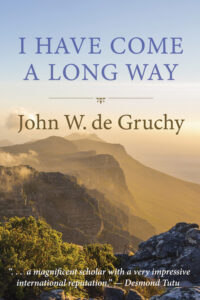 A Memoir
A Memoir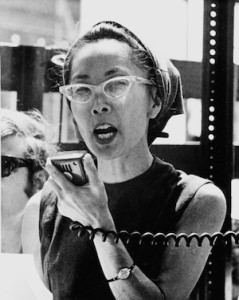
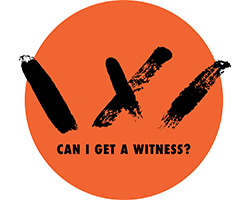 Spring Institute for Lived Theology 2016/2017 Author Series
Spring Institute for Lived Theology 2016/2017 Author Series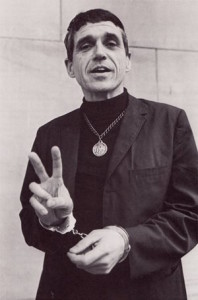 “There is no peace because there are no peacemakers. There are no makers of peace because the making of peace is at least as costly as the making of war – at least as exigent, at least as disruptive, at least as liable to bring disgrace and prison, and death in its wake.” –Berrigan
“There is no peace because there are no peacemakers. There are no makers of peace because the making of peace is at least as costly as the making of war – at least as exigent, at least as disruptive, at least as liable to bring disgrace and prison, and death in its wake.” –Berrigan